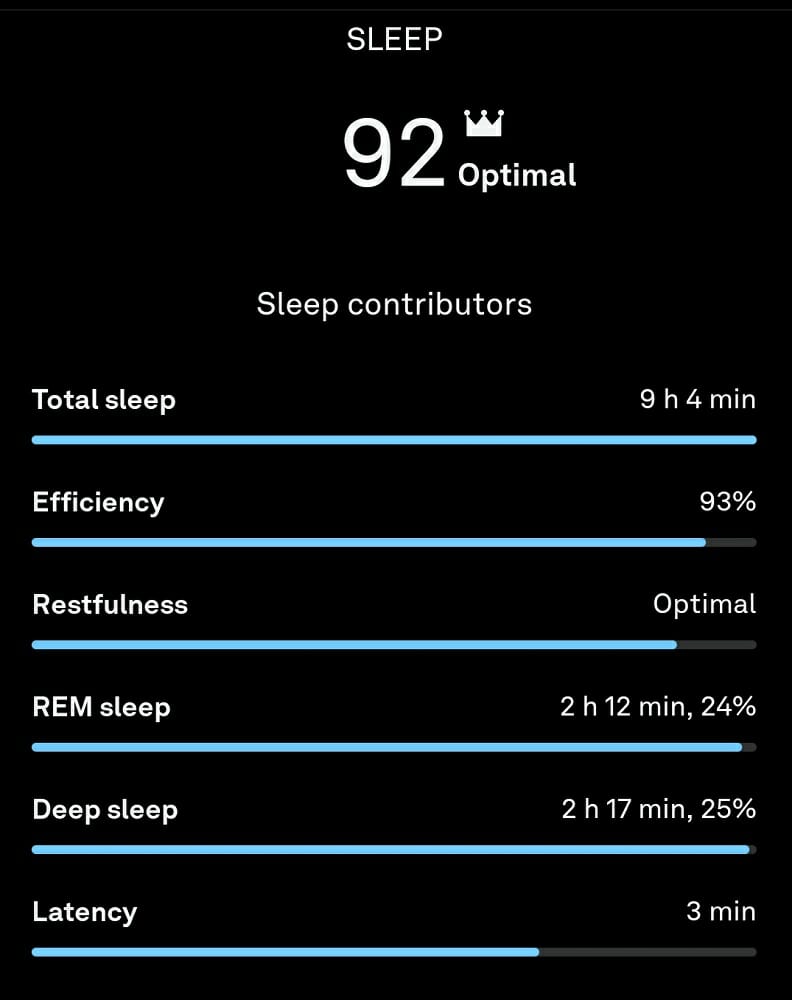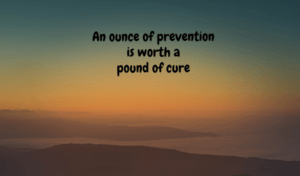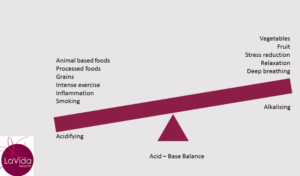Do you know how much sleep your body needs to function at its best? It’s not a trick question.
Some people function perfectly on 5 hours a night while others struggle on anything less than eight.
The answer is “whatever is right for you”.
You need to work out a way to tailor your lifestyle to ensure you schedule enough hours in your evening to meet your sleep needs. Otherwise, you risk accumulating a “sleep debt” which can be hard (actually impossible) to pay back. Insufficient sleep over a period of weeks, months or years has health consequences far beyond feeling tired. Hence, when I’m working with my clients we will frequently focus on sleep quantity and quality as part of their health plan.
How do you know if you need more sleep?
Feeling tired is the obvious answer but not everyone notices that as they just keep going about their busy days. Maybe feeling tired has just become the norm for you and you don’t even recognise the need for sleep.
Some of the other signs of insufficient sleep are:
- falling asleep on the couch after dinner
- regular reliance on caffeine or sugary foods and drinks
- difficulty waking and getting up in the morning
- clumsiness
- poor memory or forgetfulness
- poor concentration, focus or decision making
- struggling to stay awake during the day (eg in meetings)
- irritability or a shorter fuse than normal
- slow reaction times
- low mood or lack of joy
- depression
- poor recovery from infections
- daytime fatigue and lack of energy
There can be other reasons why these problems might arise (read Why am I so tired?) but lack of sleep can certainly be a factor and should be addressed if necessary.
How many of those factors apply to you on a regular basis?
Quality and quantity of sleep
It’s not just about the amount of sleep you get but also the quality of your sleep.
Factors that determine sleep quality include:
- Sleep latency – this is how long it takes you to fall asleep. As a general rule, anything up to 20 minutes is considered reasonable.
- The number of wakeups – the more times you wake up during the night, the less restorative your sleep will be. Consider whether pets, partners or noise are factors affecting your sleep. (Of course, parents of new bubs know all about sleep deprivation but that’s a whole other issue).
- Timing of sleep – Being a “night owl” or sleeping during the day can play havoc with your circadian rhythms and may flow on to disruption of hormones, temperature regulation and even digestion. Our bodies are designed to flow with the rhythms of the sun and moon but unfortunately, the invention of electricity has completely overridden these natural rhythms.
- Sleep stages – during our sleep we “roll” between light sleep, REM sleep and deep sleep however some people struggle to get into REM or deep sleep. REM sleep is associated with memory consolidation and learning while deep sleep is when much of our overnight repair work happens. It is the most restorative of sleep and it is when our heart rate and breathing rate drop and our body is deeply relaxed.
- Prolonged stress – Prolonged or excess stress can play havoc with your hormones, particularly cortisol and melatonin. When it comes to sleep, think of cortisol as your awakening hormone and melatonin as your sleep hormone. Melatonin should be highest at night and cortisol peaks in the morning. If these rhythms are out of balance then sleep will suffer.
There are a number of devices available now to help you learn about and monitor your sleep. Monitoring and understanding your sleep patterns is a really useful way of keeping you accountable and telling you when things are going off the rails.

I use an Oura ring. Here is one of my good nights (Usually I score in the 80s)
How can a naturopath help you sleep better?
Critical nutrients for a good night’s sleep include magnesium, calcium and iron. A naturopathic consultation can help to identify if you are deficient in any of these vital minerals. Perhaps they are missing from your diet or maybe you are not absorbing them well because your digestion is compromised or you have other metabolic issues.
If you need a bit of extra help, I have a wide range of herbs at my disposal that can help support the nervous system and regulate sleep patterns. I can tailor a treatment plan to match your unique needs. The benefit of natural therapies such as herbs and nutrients is that they are not addictive and don’t cause morning grogginess. They may also go more to the heart of the problem rather than just sedating you.
It’s also possible to do some functional testing to measure hormones like cortisol and melatonin to better understand your stress responses and circadian rhythms. Or perhaps we need to investigate other reasons why you might be tired.
So, do you think your body is trying to tell you to sleep more? Yes? Then give yourself permission to sleep more. Don’t compare yourself to others but instead, look at your lifestyle and see whether there are things you can re-organise to give you more time for beautiful, restorative sleep.





